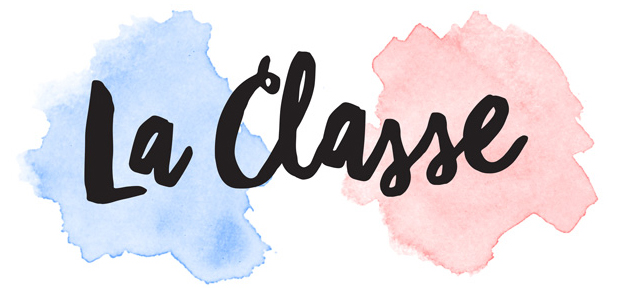Learning French can be a rewarding yet challenging endeavour, and effective organisation is key to success. In my earlier article, 'The Importance of Taking Notes for French Language Students,' I discussed why taking notes is crucial and offered tips for effective note-taking. Building on that foundation, this guide will explore various methods for organising your French notes—from notebooks to diaries—providing you with practical tips to improve your writing and communication skills in French.
Your main notebook
Organise your French notes in a way that makes them easier to understand and navigate. Start by choosing a notebook with sections or dividers, then categorise your notes into distinct parts: for example, one for grammar lessons, another for exercises, and a third for vocabulary. Label each section clearly to make finding information easier. Avoid using loose sheets unless you have a folder to store them, and make sure to keep them organised — it's easy to misplace individual pages.
A Small Vocabulary Notebook:
Keeping a dedicated notebook for new words is helpful. However, simply writing down their meanings is not enough. To truly remember new words, it is more effective to create sentences using them. This makes learning more engaging, and helps you understand the words in a meaningful context.
For example, if you learn the word “une perruque” (which means wig), think about a situation you've experienced. You could write a sentence like “Quand je suis allé à la fête de Thomas sur le thème d’Harry Potter, je me suis déguisé en Professor Severus Snape et je portais une perruque !”. By using the word in a sentence, you're not only learning its meaning but also applying it, which will help reinforce your memory of it.
Flashcards & Post-Its:
Flashcards are a popular learning tool, and for good reason. They are a portable study aid that helps you memorise vocabulary. You can write a word on one side and its translation and/or definition on the other.
Paper cards are a great option for making flashcards. Studies show that we retain information written by hand better than information typed on a computer. A recent study in Frontiers in Psychology found that students who took notes by hand exhibited more brain activity in areas related to movement, vision, sensory processing, and memory. However, you can also use apps like Quizlet, which allow you to create digital flashcards on your phone, tablet, or computer.
Another effective memory aid is sticky notes. Write important French words or grammar rules on them in large letters, and place them around your house in frequently noticed spots, such as on your mirror or refrigerator. This way, you'll be reminded of the information with minimal effort.
Diary:
Keeping a diary in French is a great way to practise writing and track your progress. Even if you can only manage a short entry once a week, it allows you to express yourself and use the French you've learned creatively. Reflecting on your day helps you naturally incorporate French vocabulary and grammar. As your French improves, you can start writing more complex sentences and express yourself in greater detail.
The best part is that you get to choose the topics! Keeping a diary helps you connect with the language on an emotional level. Over time, as you look back at your entries, you'll see how much your French skills have grown, providing you with a sense of accomplishment and motivation to continue learning.
Notebook for French Idioms:
French idioms are like little puzzles; they carry hidden meanings that differ from their literal translations. Learning these expressions can enhance your French communication skills and make you sound more natural. If you’re an intermediate French student, keeping a notebook dedicated to idioms can help you understand and remember these expressions effectively. Record the idiom, its literal meaning, its actual meaning, and how it's used in conversation. For example, the idiom 'Il pleut des cordes' literally translates to ' It is raining ropes,' but it means 'it is raining very heavily.' The equivalent idiomatic expression in English is 'It is raining cats and dogs.' By recording these idioms in a notebook, you can review them regularly and become more comfortable using them in conversations.
Conclusion
In conclusion, organising your French study materials can make a significant difference in your language learning journey. By using dedicated notebooks, flashcards, and diaries, you not only simplify your study process but also deepen your understanding and connection to the language. As you regularly engage with these tools, you’ll notice improvements in your vocabulary, grammar, and overall fluency. Remember, consistency is key—continue to practise, review, and explore, and you’ll find yourself becoming more confident and proficient in French.






